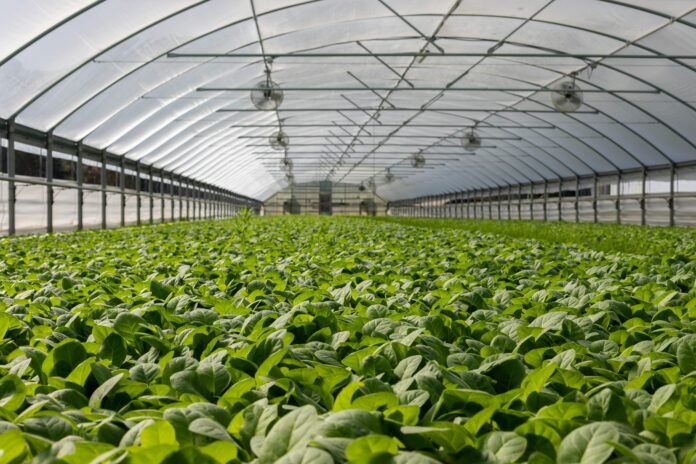Understanding the Need for Sustainable Farming Practices
Modern farming practices, while often providing high levels of productivity, can have substantial negative impacts on the environment. These impacts range from deforestation and loss of biodiversity to pollution of air, soil, and water resources. Therefore, the need for implementing sustainable farming practices is more critical than ever. Sustainable farming methods aim to reduce these environmental impacts while maintaining or even increasing, farm productivity. Let’s discuss some techniques for sustainable farming.
Implementing Crop Rotation and Intercropping
One method to lessen the environmental impact of farming is to implement crop rotation and intercropping. Crop rotation is a technique where different crop species are planted in the same area in sequential seasons. It helps in replenishing soil nutrients, breaking the life cycle of pests, and reducing soil erosion. Intercropping, on the other hand, is growing two or more crops simultaneously in the same field. This not only increases biodiversity but also reduces the risk of total crop failure due to erratic weather conditions or pests. Both of these practices work in synergy to enhance soil fertility and crop productivity.
Avoiding Excessive Use of Chemicals
Another significant aspect of sustainable farming is cutting down on the excessive use of synthetic fertilisers, pesticides, and herbicides. These chemicals can lead to water contamination, harm non-target species, and degrade soil health. Instead, farmers can opt for organic inputs like compost and manure to enrich the soil. Biological pest control methods can also be employed that involve the use of natural predators or pathogens to control pests. By reducing reliance on harmful chemicals, we can maintain farm productivity while minimizing environmental damage.
Adopting Resource-Efficient Technologies
The adoption of resource-efficient technologies is another avenue for promoting sustainability in farming. Precision agriculture, which uses GPS and remote sensing technologies, can help farmers apply the right amount of inputs at the right time and place, thereby minimizing wastage. Drip irrigation and rainwater harvesting techniques can also be deployed to conserve water. In addition, renewable energy sources like solar and wind can be used to power farm operations, reducing dependency on fossil fuels. Through the use of these technologies, farmers can maintain high productivity while reducing their environmental footprint.
In conclusion, sustainable farming practices not only minimise environmental damage but also help in maintaining productivity. It’s a balanced approach that respects natural ecosystems, promotes biodiversity, and ensures the long-term viability of the farming occupation. Transitioning towards such practices requires awareness, education, and support from all stakeholders involved in the agricultural sector. You can also read our detailed article on Balancing Environmental Impact and Productivity

